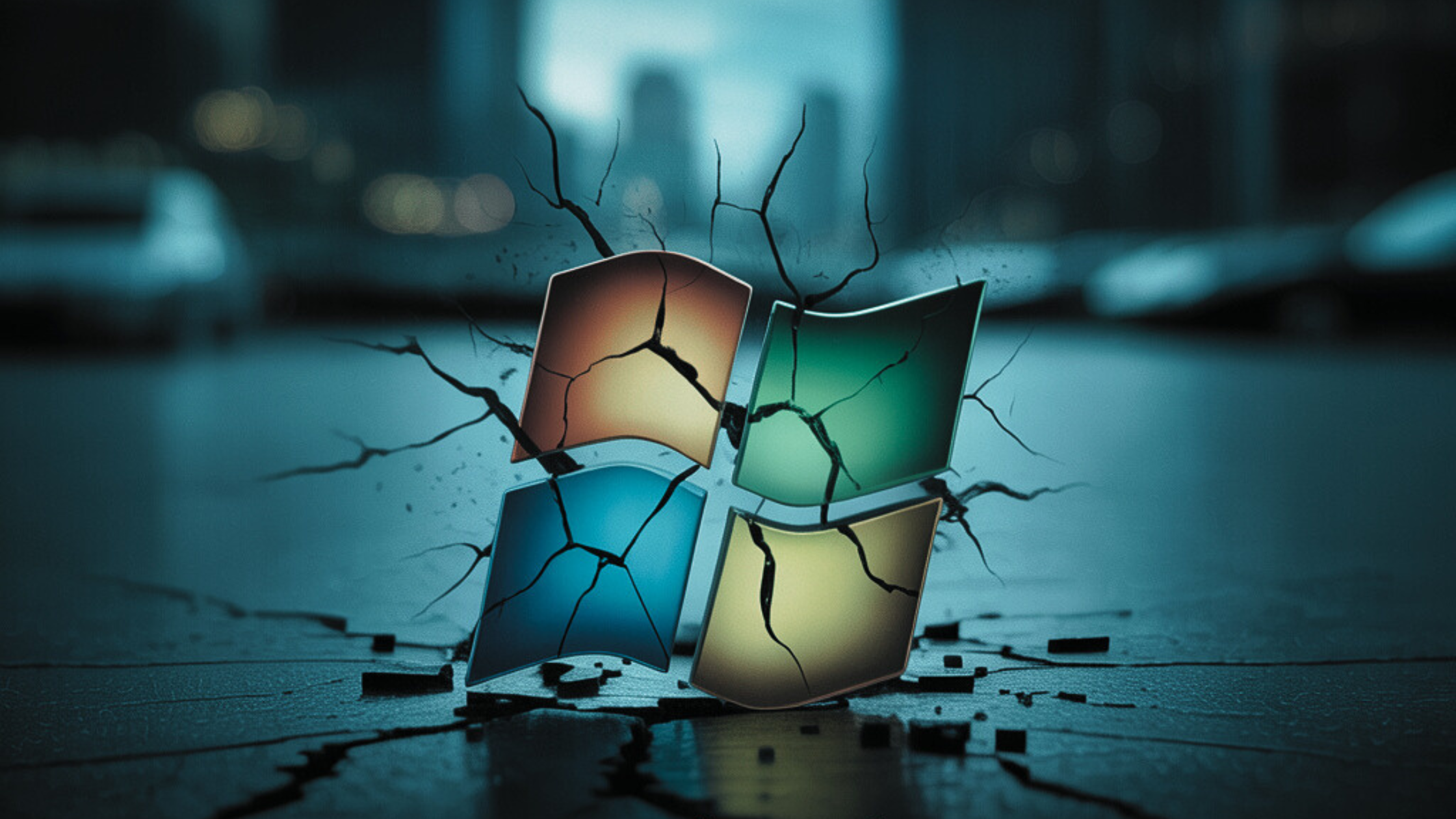Think back to the last time your server went down or you weren’t able to get email; remember how frustrating that was? Or perhaps you experienced a virus or other data-erasing disaster. Remember how painful that was to resolve?
There are very few business activities that don’t heavily rely on your computer network, e-mail and data – and if any of these components stop working, business grinds to a screeching, frustrating halt. And with viruses and hackers becoming more sophisticated (and smart) about accessing your network, you simply cannot afford to NOT monitor the health and security of your network daily.
A network monitoring system is simply a way for a trained professional to watch over your computer network for slow or failing components, security breaches, and alarms that signify trouble is brewing. It can also detect signs that your backup is not working, that you’re running out of space on the server, or that a firewall is not functioning properly. Think of it like a security camera watching over your entire network 24/7/365.
So if network monitoring is SO important, why aren’t more small businesses INSISTING that their IT person put a system in place? One of the biggest reasons we see is lack of knowledge. The reality is that many businesses DO have their systems monitored for problems; and the bigger and more sophisticated the company, the more critical this becomes. But smaller businesses are often outsourcing their IT support and, unless their computer guy offers this service, they may not even know it exists.
The second reason is complacency; the belief is that, “If it isn’t broke, why fix it?” This is akin to saying, “We don’t need locks on our doors because we’ve never had our house burglarized.” The reason you HAVE the locks is to prevent your home or office from being robbed – and the reason you have network monitoring is to make sure you DON’T have problems.
Plus, simple monitoring is cheap. For as little as <<$10>> per employee per month, you can have a basic monitoring system in place.
Call Or Go Online Today For A FREE Month Of Network Monitoring For Your ENTIRE Office! www.iler.com/contacts Or call: 440-322-4537






